Home>diy>Building & Construction>What Does A Project Manager Do For Construction


Building & Construction
What Does A Project Manager Do For Construction
Modified: March 21, 2024
Discover the role of a project manager in building construction. Learn how they coordinate resources, schedules, and budgets for successful project completion.
(Many of the links in this article redirect to a specific reviewed product. Your purchase of these products through affiliate links helps to generate commission for Storables.com, at no extra cost. Learn more)
Introduction
A construction project manager plays a critical role in the successful completion of any building project. From inception to completion, the project manager oversees every aspect of the construction process, ensuring that the project is delivered on time, within budget, and up to the required quality standards. This article will delve into the various roles and responsibilities of a construction project manager, highlighting their importance at different stages of the project.
Construction project management is a complex task that requires a diverse set of skills and knowledge. The project manager is responsible for coordinating and overseeing the planning, procurement, execution, and closing phases of a construction project, while also managing a diverse team of professionals, including architects, engineers, subcontractors, and construction workers.
Throughout the duration of the project, the project manager must demonstrate excellent organizational, communication, problem-solving, and leadership skills. They must be able to juggle multiple tasks, make critical decisions, and adapt to unexpected challenges that may arise during the construction process.
In the following sections, we will explore the different responsibilities and duties of a construction project manager, starting from the initial planning and pre-construction phases all the way to project close-out and handover.
Key Takeaways:
- A construction project manager oversees every aspect of a building project, from planning to completion, ensuring safety, efficiency, and client satisfaction.
- The project manager’s diverse roles include budget management, risk mitigation, and quality control, crucial for successful construction projects.
Read more: What Does A Construction Manager Do
Roles and Responsibilities of a Construction Project Manager
A construction project manager is responsible for overseeing every aspect of a construction project, from conception to completion. Their primary role is to ensure that the project is executed smoothly, efficiently, and within the budget and timeframe. Here are some of the key roles and responsibilities of a construction project manager:
- Project Planning: The project manager is responsible for developing a comprehensive project plan, which includes defining project objectives, determining the scope of work, and establishing project timelines. They collaborate with stakeholders to set project goals and ensure they align with the client’s requirements.
- Resource Management: The project manager is responsible for allocating resources effectively, including labor, materials, and equipment. They coordinate with subcontractors and suppliers to ensure the availability of resources when needed and optimize resource utilization to minimize costs.
- Team Leadership: The project manager oversees and manages a diverse team of professionals, including architects, engineers, contractors, and subcontractors. They provide guidance, support, and direction to the team, ensuring effective collaboration and communication throughout the project.
- Contract Management: The project manager is responsible for managing contracts and ensuring the project stays within the agreed-upon budget and scope. They review and negotiate contracts with subcontractors, suppliers, and vendors, ensuring compliance with legal and regulatory requirements.
- Risk Management: Construction projects are prone to various risks and uncertainties. The project manager identifies potential risks, assesses their impact, and develops strategies to mitigate them. They implement risk management plans, monitor potential risks throughout the project, and take corrective action when necessary.
- Quality Control: The project manager ensures that the construction project meets the quality standards and specifications defined by the client. They conduct inspections, perform quality audits, and implement quality control measures to ensure that all work is conducted to the highest standard.
- Communication: Effective communication is essential for the success of a construction project. The project manager serves as the primary point of contact between the client, stakeholders, and the project team. They facilitate regular communication, provide progress updates, address concerns, and maintain positive relationships with all parties involved.
- Financial Management: The project manager is responsible for monitoring the project budget and financial performance. They track expenses, manage cost estimates, and ensure that the project remains within the allocated budget. They also handle financial reporting, including documenting and justifying any changes in project costs.
- Schedule Management: Keeping the project on schedule is a crucial aspect of a project manager’s responsibilities. They develop a project timeline, monitor progress, and identify any delays or issues that may impact the schedule. They implement strategies to keep the project on track and take necessary actions to ensure timely completion.
These are just a few of the many roles and responsibilities that a construction project manager undertakes. Their ability to effectively manage resources, communicate with stakeholders, mitigate risks, and ensure quality control is essential for the successful completion of any construction project.
Planning and Pre-construction Phases
The planning and pre-construction phases set the foundation for a successful construction project. During these early stages, the construction project manager plays a crucial role in ensuring that all necessary preparations and assessments are carried out. Here are the key tasks and responsibilities of a project manager during the planning and pre-construction phases:
- Project Feasibility Analysis: The project manager conducts a feasibility analysis to determine the viability of the project. This involves assessing the financial, legal, and logistical aspects of the project to ensure it aligns with the client’s goals and objectives.
- Site Selection and Evaluation: The project manager collaborates with architects and engineers to select the optimal site for the construction project. They assess factors such as accessibility, terrain, utilities, and zoning regulations to select a site that meets the project requirements.
- Budget and Cost Estimation: The project manager prepares a preliminary budget based on the project scope and requirements. They estimate the costs of materials, labor, equipment, permits, and other expenses. This helps in developing a realistic budget and ensuring financial feasibility.
- Permitting and Regulatory Compliance: The project manager ensures compliance with all necessary permits and regulatory requirements. They work closely with government agencies and local authorities to obtain permits and approvals for the construction project.
- Design Coordination: The project manager collaborates with architects and engineers during the design phase to ensure that the project requirements are accurately translated into construction documents. They review design plans, provide input, and ensure that the design aligns with budget and feasibility constraints.
- Procurement Strategy: The project manager develops a procurement strategy for the construction project. This involves determining whether to use a single general contractor or multiple subcontractors, as well as establishing the criteria for selecting suppliers and subcontractors.
- Risk Analysis: The project manager conducts a risk analysis to identify potential risks and develop strategies for mitigating them. They assess factors such as environmental risks, market conditions, and project-specific risks, and implement measures to minimize their impact on the project.
During the planning and pre-construction phases, the project manager works closely with the client, consultants, and stakeholders to define project objectives, establish timelines, and determine the project scope. They also develop a comprehensive project plan that outlines the project’s key milestones, deliverables, and budget. By carefully planning and preparing during these early stages, the project manager sets the stage for a smooth and successful construction project.
Procurement and Contract Management
Procurement and contract management are critical aspects of construction project management. The project manager’s role in this phase involves ensuring that the necessary materials, equipment, and services are procured in a timely and cost-effective manner, while also managing contracts and ensuring compliance with contractual agreements. Here are the key tasks and responsibilities of a project manager during the procurement and contract management phase:
- Supplier and Subcontractor Selection: The project manager identifies and selects suppliers and subcontractors based on their capabilities, track record, and ability to meet project requirements. They establish clear selection criteria and conduct a thorough evaluation to ensure that the selected vendors can deliver the required quality and meet the project’s timeline.
- Negotiating Contracts: The project manager negotiates contracts with suppliers, subcontractors, and consultants. They ensure that the contracts are fair and protect the interests of all parties involved. The project manager also reviews contractual terms and conditions, including payment terms, delivery schedules, and performance milestones.
- Contract Administration: Once contracts are in place, the project manager is responsible for contract administration. They ensure that all parties comply with the terms and conditions outlined in the agreements. This includes managing change orders, monitoring performance, and resolving any disputes or issues that may arise during the construction process.
- Procurement Planning: The project manager develops a procurement plan that outlines the procurement strategy, timelines, and responsibilities. They identify the required materials, equipment, and services, and develop a procurement schedule to ensure that procurement activities are aligned with the construction timeline.
- Supplier Relationship Management: The project manager maintains strong relationships with suppliers and subcontractors throughout the project. They foster open communication, address any concerns or issues, and ensure that the required resources are delivered on time and meet the required quality standards.
- Cost Control and Budget Management: The project manager monitors procurement costs and manages the project budget. They track expenses, ensure that purchases are within the approved budget, and implement strategies to control costs. The project manager also identifies potential cost-saving opportunities through effective procurement and contract management.
Effective procurement and contract management are essential for the success of a construction project. By carefully selecting suppliers and subcontractors, negotiating contracts, and managing the procurement process, the project manager ensures the availability of the necessary resources and materials. Additionally, by effectively administering contracts and maintaining good relationships with vendors, the project manager minimizes the risk of delays, disputes, and budget overruns.
Team Management and Communication
Team management and effective communication are vital for the smooth and efficient execution of a construction project. The project manager plays a crucial role in leading, coordinating, and motivating the diverse team of professionals involved in the project. Here are the key aspects of team management and communication that a project manager must focus on:
- Team Building and Leadership: The project manager is responsible for assembling and building a competent and cohesive project team. They identify the required skill sets, recruit team members, and ensure that each member understands their roles and responsibilities. The project manager provides leadership, support, and guidance to the team, fostering a positive and collaborative work environment.
- Effective Communication: The project manager serves as the central point of communication between the client, stakeholders, and the project team. They facilitate clear and open communication channels, ensuring that important information is shared in a timely and efficient manner. Effective communication helps to avoid misunderstandings, resolve issues proactively, and keep all parties informed about project progress and updates.
- Collaboration and Coordination: The project manager promotes collaboration and coordination among team members and stakeholders. They organize regular project meetings, including progress reviews, coordination meetings, and design reviews. These meetings serve as platforms for team members to share information, discuss challenges, and devise solutions collectively.
- Conflict Resolution: In a construction project, conflicts and disagreements are inevitable. The project manager plays a critical role in resolving conflicts among team members or with external stakeholders. They employ effective conflict resolution strategies, such as mediation or negotiation, to address issues before they escalate and affect project progress.
- Performance Management: The project manager monitors and manages the performance of individual team members and the overall project team. They provide feedback, recognize achievements, and address performance issues as required. Performance management ensures that team members remain motivated and aligned with project goals.
- Training and Development: The project manager identifies training needs and provides development opportunities to enhance the skills and knowledge of team members. They encourage continuous learning and support professional growth, ensuring that the team remains up-to-date with industry advancements and best practices.
- Supplier and Stakeholder Management: The project manager also manages the relationships with external stakeholders, including suppliers, subcontractors, and regulatory authorities. They ensure clear communication, address concerns, and manage expectations to maintain positive relationships and foster collaboration throughout the project.
Effective team management and communication are crucial for achieving project objectives and ensuring a harmonious work environment. By fostering collaboration, resolving conflicts, and promoting effective communication, the project manager creates a strong and motivated team capable of delivering high-quality results.
Read more: What Is Construction Quality Management
Cost and Budget Management
Cost and budget management is an essential aspect of construction project management. The project manager is responsible for monitoring and controlling project costs to ensure that the project stays within the approved budget. Effective cost and budget management require thorough planning, accurate estimation, and diligent tracking throughout the project lifecycle. Here are the key tasks and responsibilities of a project manager in cost and budget management:
- Cost Estimation: The project manager works closely with the project team to estimate the costs associated with the construction project. This includes estimating the costs of labor, materials, equipment, permits, and other project-related expenses. The project manager analyzes the project scope and specifications to develop accurate cost estimates.
- Budget Development: Based on the cost estimates, the project manager develops a comprehensive budget for the construction project. They allocate funds to different project components and create a baseline budget against which project expenses will be tracked and controlled.
- Budget Tracking: Throughout the project, the project manager monitors project expenses and tracks them against the approved budget. They review invoices, purchase orders, and financial reports to ensure that costs are correctly allocated and controlled. The project manager identifies any deviations from the budget and takes corrective actions as needed.
- Variation Management: Construction projects often experience variations and changes that can impact the budget. The project manager assesses the impact of variations and determines the appropriate actions to manage them. This may involve negotiating change orders, revising the budget, or finding cost-saving alternatives to mitigate the impact on the overall project budget.
- Cost Control: The project manager implements strategies to control project costs and prevent budget overruns. This includes monitoring expenditures, identifying cost-saving opportunities, and implementing cost-efficient practices. The project manager may also work with suppliers and subcontractors to negotiate favorable pricing and optimize resource utilization.
- Financial Reporting: The project manager is responsible for preparing financial reports and providing regular updates to stakeholders regarding the project’s financial status. This includes generating financial statements, cost breakdowns, and variance analysis reports. The project manager communicates any cost deviations and justifies them with the necessary documentation.
- Contract Management: Effective contract management plays a vital role in cost and budget management. The project manager ensures that all contracts are adhered to and that contractual obligations related to cost control are met. They review and address payment disputes, manage contractual changes, and ensure that invoices and payments are processed accurately and on time.
By diligently managing costs and closely monitoring the project budget, the project manager can mitigate financial risks, optimize resource allocation, and ensure the successful completion of the construction project within the allocated budget.
A project manager for construction is responsible for planning, coordinating, and overseeing all aspects of a construction project, including budget, schedule, and quality control. They also manage communication between stakeholders and ensure compliance with regulations.
Risk Management and Problem-solving
Risks and challenges are inherent in construction projects, and effective risk management and problem-solving skills are crucial for a project manager. The project manager is responsible for identifying potential risks, developing strategies to mitigate them, and successfully navigating through any problems that may arise during the construction process. Here are the key aspects of risk management and problem-solving that a project manager must address:
- Risk Identification: The project manager conducts a comprehensive risk assessment to identify potential risks and uncertainties that may impact the project. This includes analyzing factors such as environmental risks, regulatory compliance, economic conditions, and project-specific risks. By identifying risks early on, the project manager can develop strategies to minimize their impact.
- Risk Analysis and Evaluation: The project manager assesses the likelihood and potential impact of identified risks. They evaluate the consequences of these risks on the project’s timeline, budget, and quality. This analysis helps prioritize risks based on their significance and plan appropriate risk mitigation strategies.
- Risk Mitigation: Once risks are identified and analyzed, the project manager develops risk mitigation strategies. This involves planning proactive measures to minimize the impact of risks. The project manager may implement contingency plans, revise project schedules, secure insurance coverage, or revise the project design to mitigate risks effectively.
- Problem-Solving: In the construction industry, problems and challenges can arise unexpectedly. The project manager must be adept at problem-solving, quickly identifying issues and finding practical solutions. This may involve bringing together stakeholders, consulting with experts, considering alternative approaches, and making informed decisions to keep the project on track.
- Decision Making: Effective decision-making is crucial for managing risks and solving problems. The project manager must gather relevant information, analyze the available options, and make well-informed decisions in a timely manner. They weigh the potential benefits and risks associated with each decision and consider the potential impacts on the project’s overall success.
- Collaboration and Communication: The project manager fosters open communication and collaboration among team members, stakeholders, and external parties. This enables the identification and resolution of risks and problems more efficiently. Regular communication ensures that all parties are aware of any emerging risks or challenges and can collectively work towards their resolution.
- Continuous Improvement: A successful project manager embraces a continuous improvement approach. They learn from previous projects, analyze lessons learned, and implement best practices to enhance risk management and problem-solving capabilities. This continuous improvement mindset helps in identifying potential risks earlier and addressing them more effectively in future projects.
By implementing robust risk management strategies and possessing strong problem-solving skills, the project manager can proactively mitigate risks and overcome challenges that may arise during the construction project. Their ability to make informed decisions, collaborate with stakeholders, and adapt to changing circumstances is crucial for ensuring the successful completion of the project.
Quality Control and Project Execution
Ensuring high-quality construction and smooth project execution are key responsibilities of a construction project manager. The project manager oversees and manages the various activities and processes involved in the execution of the project, while also implementing a robust quality control system. Here are the key aspects of quality control and project execution that a project manager focuses on:
- Quality Planning: The project manager develops a quality plan that outlines the quality standards and specifications for the construction project. They collaborate with stakeholders and consultants to determine the acceptable levels of quality for different project components and deliverables.
- Quality Assurance: The project manager ensures that quality assurance processes are in place and followed throughout the project. This includes conducting inspections, audits, and assessments to verify compliance with quality standards. The project manager may also develop and implement quality control checklists and procedures.
- Supplier and Material Control: The project manager ensures that suppliers and subcontractors adhere to the required quality standards. They establish clear communication channels with suppliers, conduct regular quality inspections, and verify that materials and equipment meet specified requirements.
- Design Compliance: The project manager ensures that the construction project adheres to the approved design plans and specifications. They review design documents, monitor construction progress, and address any deviations or discrepancies. This includes coordinating with architects, engineers, and design consultants to resolve any design-related issues that may arise.
- Workmanship and Construction Practices: The project manager is responsible for maintaining high standards of workmanship and ensuring that construction practices follow best industry practices. They monitor construction activities, provide guidance and support to the construction team, and address any concerns related to quality and workmanship.
- Testing and Commissioning: The project manager oversees the testing and commissioning activities to verify the functionality and performance of various systems and equipment. They coordinate with testing agencies, facilitate inspections and tests, and ensure that all systems are successfully commissioned before project completion.
- Non-Conformance Management: In case of non-compliance with quality standards, the project manager takes immediate corrective actions. They investigate non-conformances, determine root causes, and implement corrective measures. This includes closely monitoring the rectification process and re-inspecting to ensure that issues are resolved effectively.
- Documentation and Recordkeeping: The project manager ensures that accurate and comprehensive documentation is maintained throughout the project. This includes recording quality inspections, test reports, and any deviations from the quality standards. Proper recordkeeping helps in tracking project progress, addressing any disputes, and ensuring accountability.
By implementing a robust quality control system and overseeing the project execution with attention to detail, the project manager can ensure that the construction project meets or exceeds the required quality standards. Their commitment to quality control helps in delivering a successful and durable construction project.
Construction Site Supervision
Construction site supervision is a critical responsibility of the project manager. They are responsible for overseeing and managing all activities on the construction site to ensure that the project is executed safely, efficiently, and according to the plans and specifications. Here are the key aspects of construction site supervision that a project manager focuses on:
- Safety Management: The project manager ensures the implementation of proper safety measures on the construction site. They develop and enforce safety policies and procedures, conduct regular safety inspections, and promote a safety-first culture among the construction team. The project manager also collaborates with safety officers and regulatory authorities to ensure compliance with safety regulations and standards.
- Workforce Coordination: The project manager coordinates with various contractors, subcontractors, and suppliers on the construction site. They ensure that work is well-coordinated and sequential, minimizing conflicts, wasted resources, and delays. The project manager oversees the mobilization and demobilization of resources, ensuring that they are efficiently deployed and utilized.
- Progress Monitoring: The project manager closely monitors the progress of construction activities and milestones. They track project timelines, review work schedules, and ensure that work is completed within the set deadlines. The project manager also identifies any potential delays or issues and implements corrective actions to keep the project on schedule.
- Quality Control: The project manager ensures that construction work meets the required quality standards. They conduct regular inspections and quality audits to verify compliance with specifications. The project manager also collaborates with inspectors, consultants, and design professionals to address any quality-related issues and ensure that work is of the highest quality.
- Conflict Resolution: Construction sites can often experience conflicts and disputes. The project manager plays a crucial role in resolving these conflicts and maintaining a harmonious workplace. They address conflicts among team members, contractors, or stakeholders by promoting open communication, facilitating negotiations, and finding mutually agreeable solutions.
- Documentation and Reporting: The project manager maintains accurate and comprehensive documentation of construction site activities. They document progress reports, daily logs, change orders, and any unforeseen events or incidents. The project manager also prepares regular reports to keep stakeholders informed about the project’s status, challenges faced, and mitigation measures taken.
- Environmental Compliance: The project manager ensures that construction activities comply with environmental regulations and best practices. They monitor construction site activities for any potential environmental impacts and implement measures to minimize or mitigate them. The project manager collaborates with environmental consultants and regulatory authorities to ensure full compliance.
- Permit and Inspection Management: The project manager oversees the acquisition of necessary permits and coordinates inspections by building control authorities. They ensure that all required permits and licenses are obtained, inspections are scheduled, and any deficiencies are addressed promptly. The project manager also facilitates communication during inspections and resolves any issues identified by inspectors.
Effective construction site supervision is crucial for ensuring the smooth progress of the construction project. The project manager’s ability to coordinate activities, manage resources, address conflicts, and ensure adherence to safety and quality standards helps in creating a productive and efficient construction site environment.
Read more: What Is Construction Manager At Risk
Project Close-out and Handover
Project close-out and handover are the final stages of a construction project. The project manager plays a pivotal role in ensuring a smooth and successful transition from project completion to the client’s possession. Here are the key aspects of project close-out and handover that a project manager focuses on:
- Final Inspections: The project manager coordinates the final inspections of the completed project. This involves conducting a thorough assessment of the construction works, ensuring that they meet all contractual and regulatory requirements. The project manager engages with inspectors and the client to address any remaining issues or deficiencies.
- Punch List Management: The project manager manages the punch list, which identifies any outstanding work items or deficiencies requiring correction or completion. They work with the construction team and subcontractors to ensure that all items are resolved satisfactorily before the handover.
- Documentation and Records: The project manager ensures that all project documentation and records are complete and organized. This includes compiling as-built drawings, operation and maintenance manuals, warranties, permits, and other relevant documentation. The project manager also ensures that all final invoices, releases, and payments are properly documented and archived.
- Contractual Compliance: The project manager ensures that all contractual obligations and requirements have been met. They review the terms of the contract and ensure that all final deliverables and milestones have been achieved. This includes finalizing all contract-related paperwork, releases, and warranties.
- Client Acceptance: The project manager facilitates the client’s acceptance of the completed project. This involves coordinating the final walkthrough with the client, addressing any questions or concerns, and obtaining their acknowledgement and approval of the finished work. The project manager also ensures that all necessary certificates and permits are obtained for occupancy.
- Handover of Documents: The project manager is responsible for organizing the handover of all project-related documents and records to the client. This includes providing them with complete and organized project documentation, as well as any relevant warranties, certificates, and manuals. The project manager ensures that the client has all the necessary information to operate, maintain, and manage the completed project.
- Final Financial Closing: The project manager finalizes the project’s financial aspects. This includes reconciling all project-related accounts, ensuring that all payments to subcontractors and suppliers are completed, and addressing any outstanding financial matters. The project manager also prepares the final financial reports and summaries required by the client and stakeholders.
- Lessons Learned and Evaluation: The project manager conducts a thorough evaluation of the completed project, identifying lessons learned and areas for improvement. They solicit feedback from the client, the project team, and other stakeholders to gain insights and recommendations for future projects. The project manager documents these lessons learned to enhance future project planning and execution.
The project close-out and handover phase is crucial for ensuring that the completed project meets all contractual obligations and is ready for the client’s use. The project manager’s attention to detail, organizational skills, and effective coordination during this phase help in delivering a successful handover and leaving a positive impression on the client.
Conclusion
A construction project manager plays a pivotal role in overseeing and managing every aspect of a construction project, from planning to execution and beyond. They are responsible for ensuring that the project is completed safely, efficiently, and to the satisfaction of the client. Throughout the project lifecycle, the project manager takes on a range of roles and responsibilities, each crucial to the success of the project.
From the initial planning phases, the project manager collaborates with stakeholders to define project objectives, develop budgets, and set timelines. They then move on to procurement and contract management, carefully selecting suppliers and subcontractors while ensuring adherence to contractual agreements and budgetary constraints. Effective team management and communication are essential, as the project manager leads and coordinates a diverse team of professionals, fostering collaboration and ensuring clear and timely communication throughout the project.
Cost and budget management are critical tasks for the project manager, who tracks expenses, controls costs, and ensures that the project remains within the allocated budget. Risk management and problem-solving skills allow the project manager to identify and mitigate potential risks, as well as navigate through unforeseen challenges that may arise during the construction process. Quality control and project execution are additional areas of focus, ensuring that work meets the required standards and specifications.
Construction site supervision allows the project manager to oversee all activities and ensure that they are executed safely, efficiently, and in compliance with regulations. Finally, the project manager orchestrates the close-out and handover phase, conducting final inspections, managing documentation, and ensuring a smooth transition of the completed project to the client.
In conclusion, the role of a construction project manager is multifaceted and crucial for the successful completion of a construction project. Their ability to plan, coordinate, manage, and adapt throughout the project lifecycle is essential. By effectively balancing various responsibilities and tasks, the project manager ensures that the project is delivered on time, within budget, and to the satisfaction of all stakeholders involved.
With a solid foundation of knowledge, skills, and expertise, a construction project manager acts as the driving force behind the construction project, leading the team and managing the complexities that arise. Their dedication and leadership result in the successful creation of buildings and infrastructure that meet the needs of clients and contribute to the growth and development of communities.
Frequently Asked Questions about What Does A Project Manager Do For Construction
Was this page helpful?
At Storables.com, we guarantee accurate and reliable information. Our content, validated by Expert Board Contributors, is crafted following stringent Editorial Policies. We're committed to providing you with well-researched, expert-backed insights for all your informational needs.
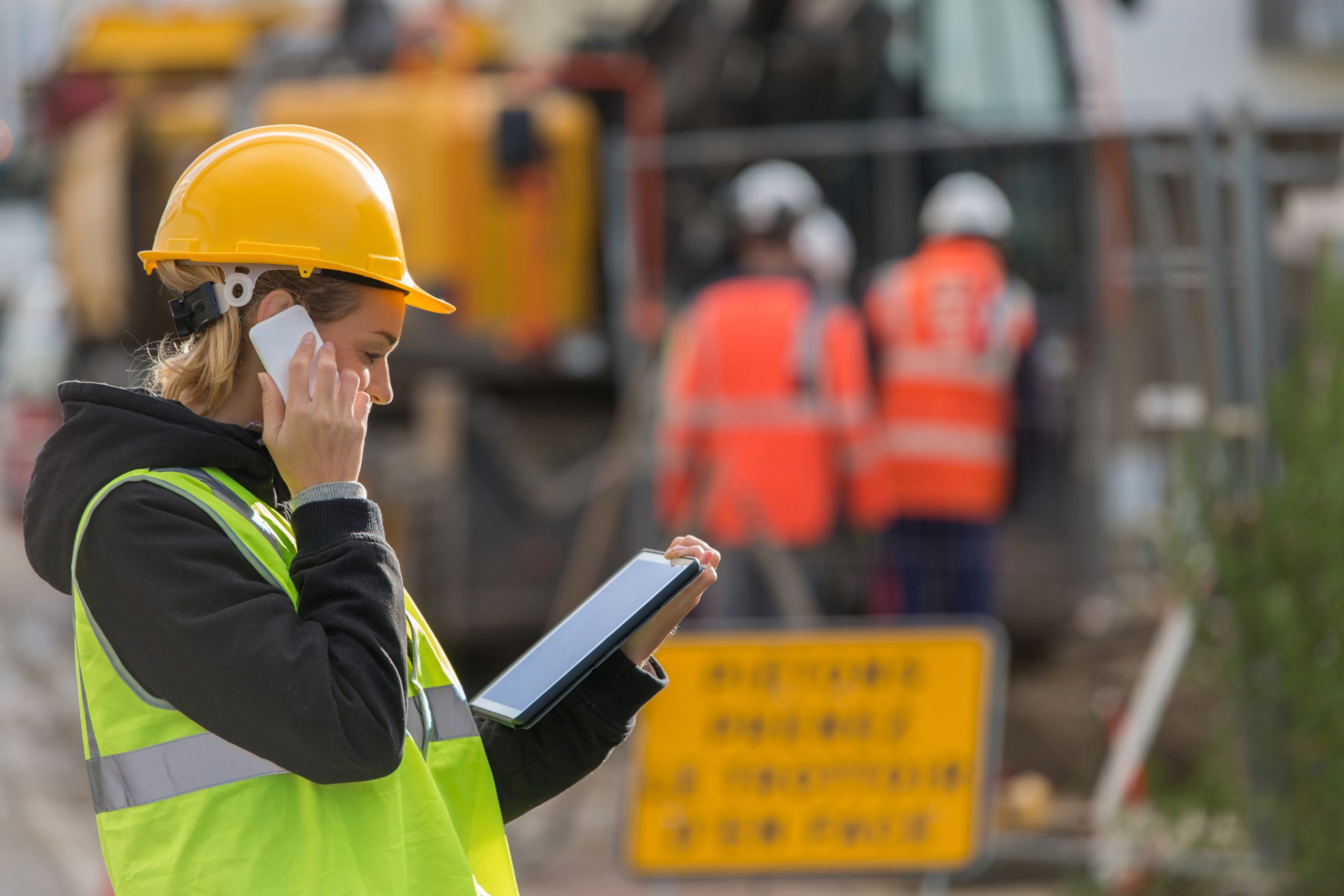
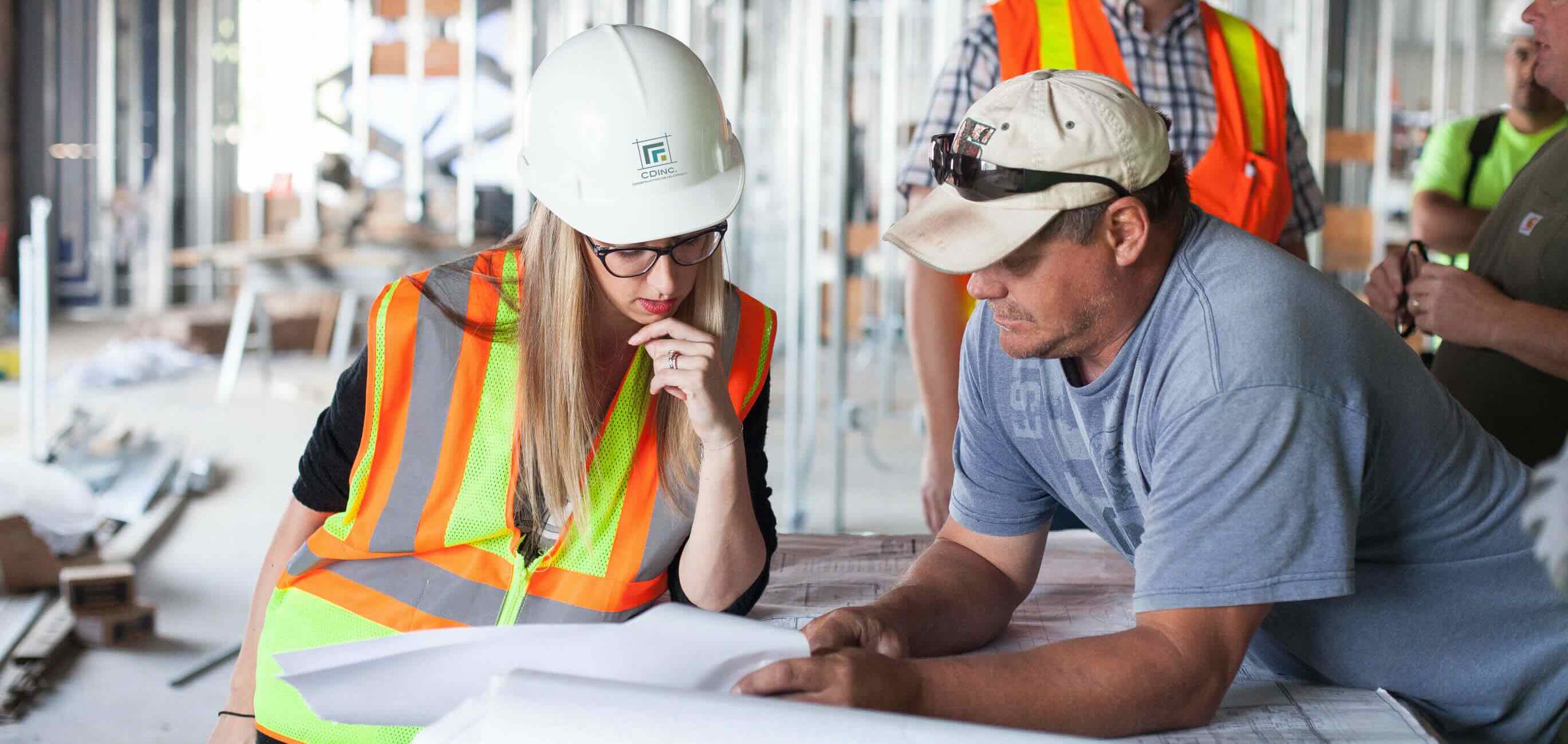

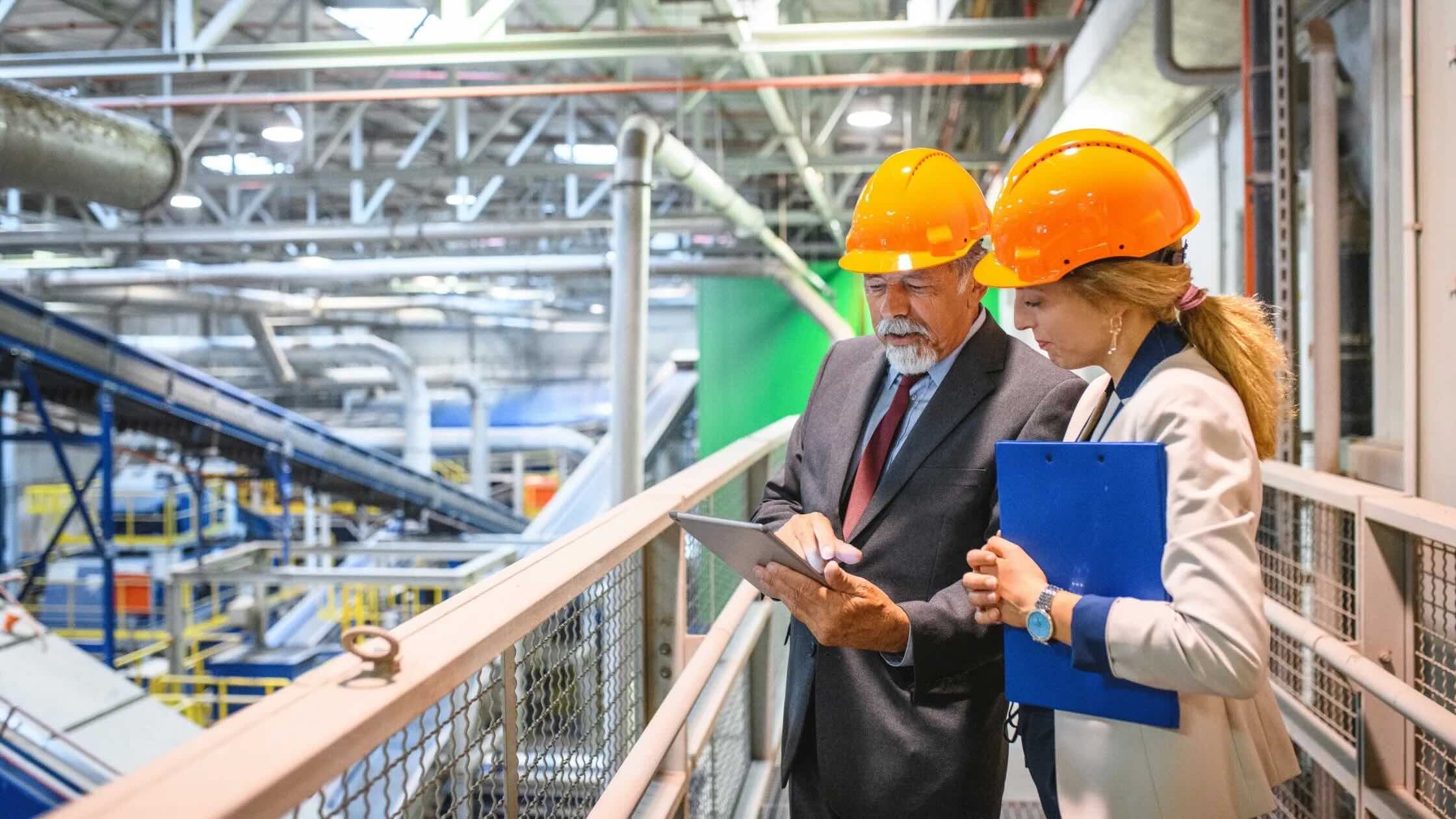
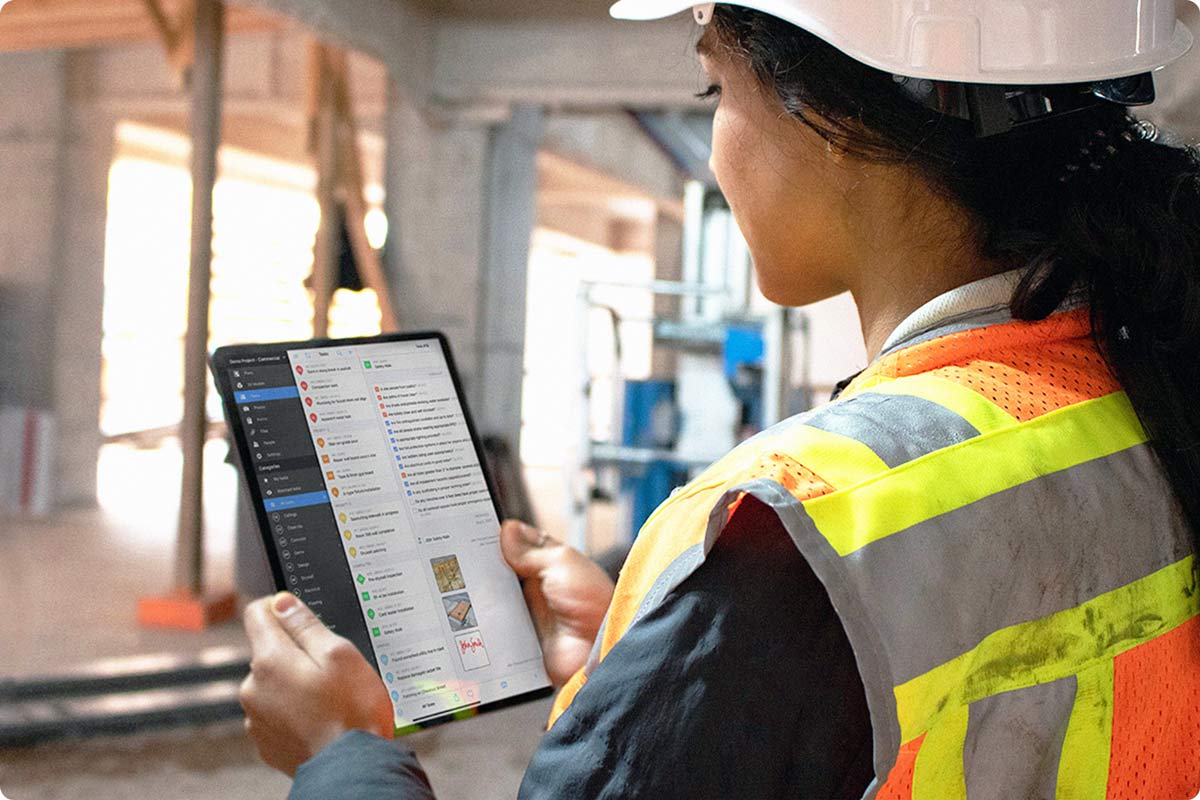
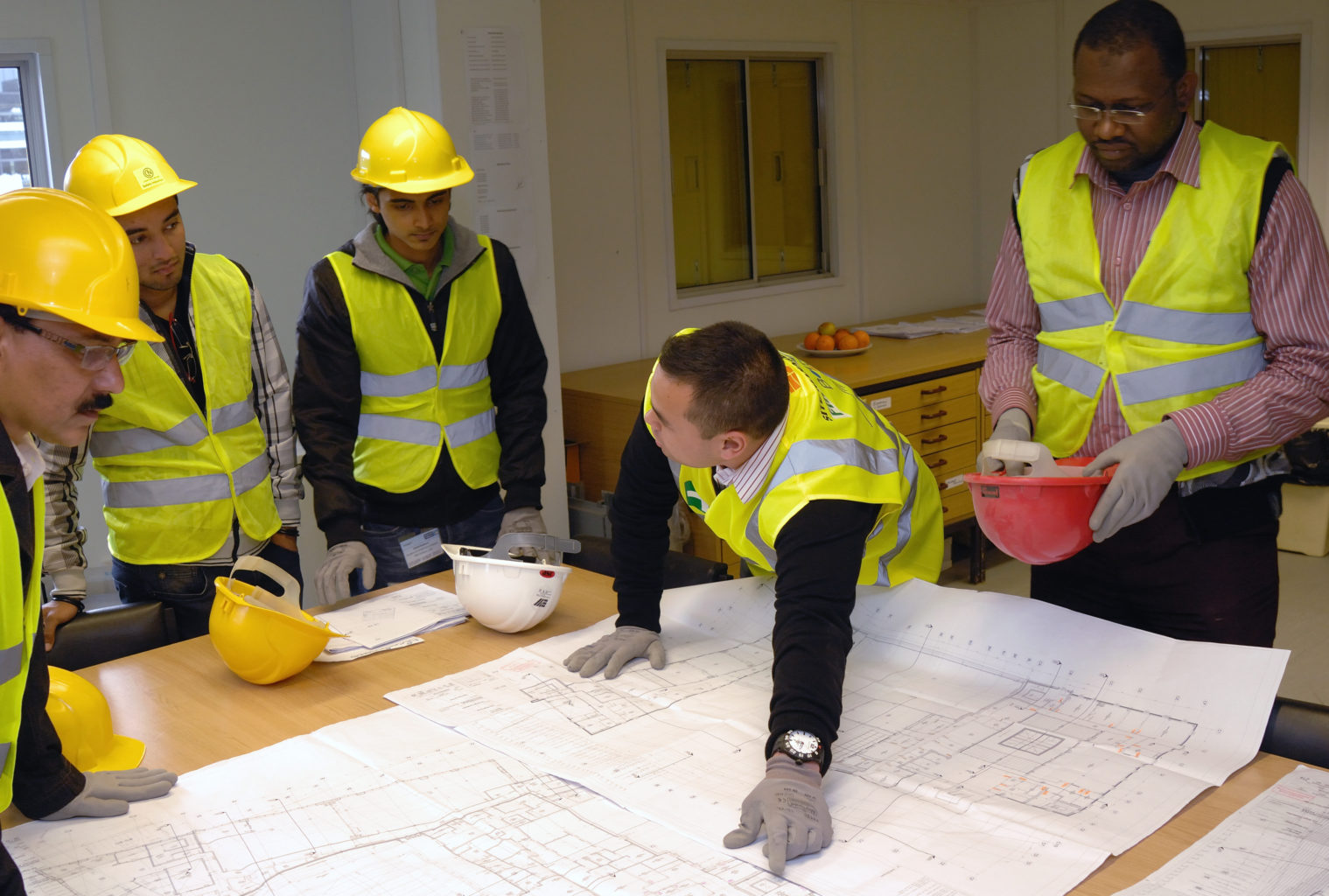
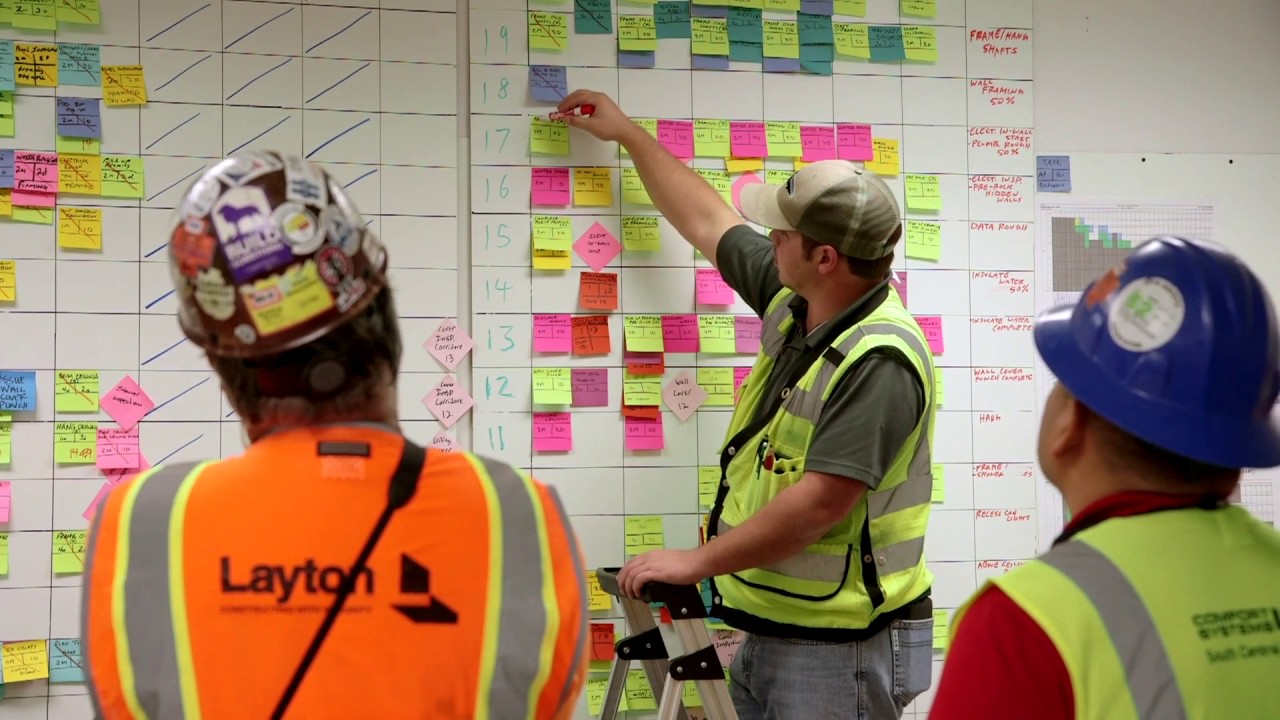
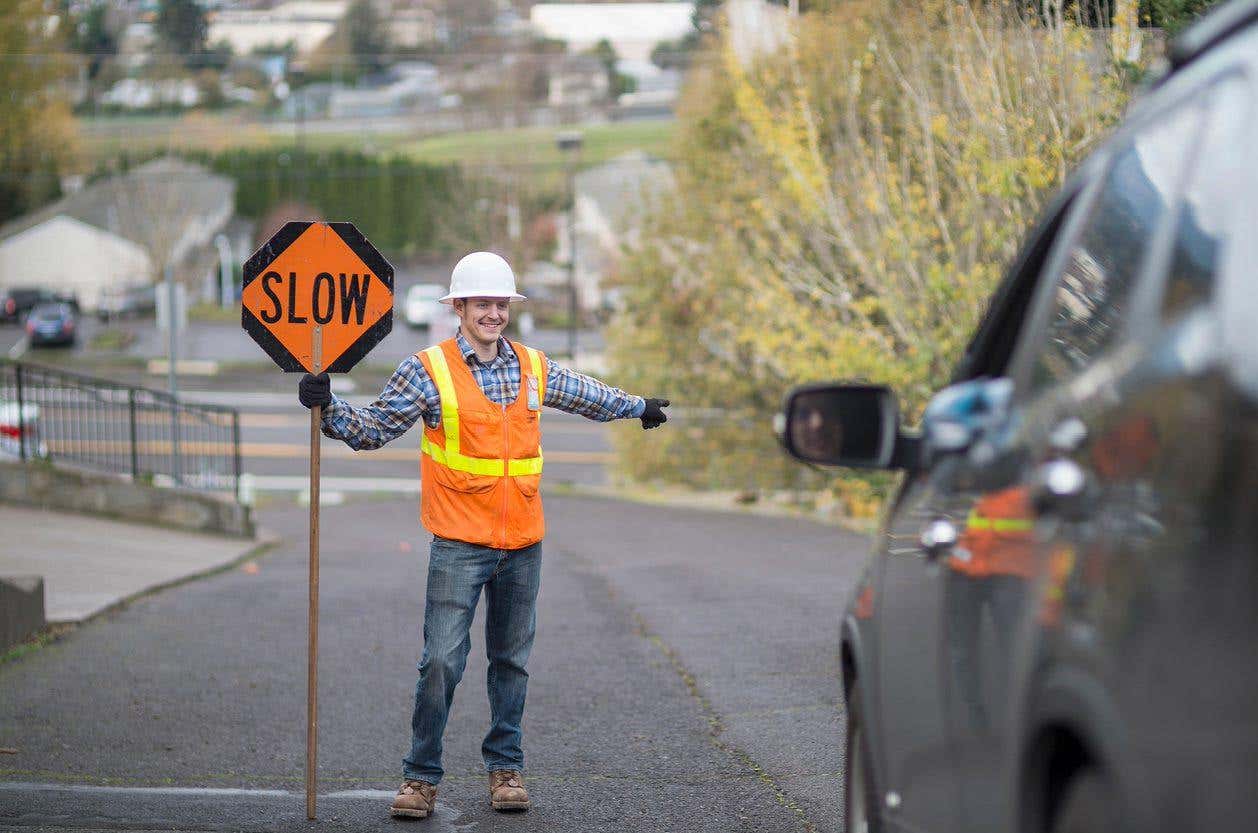

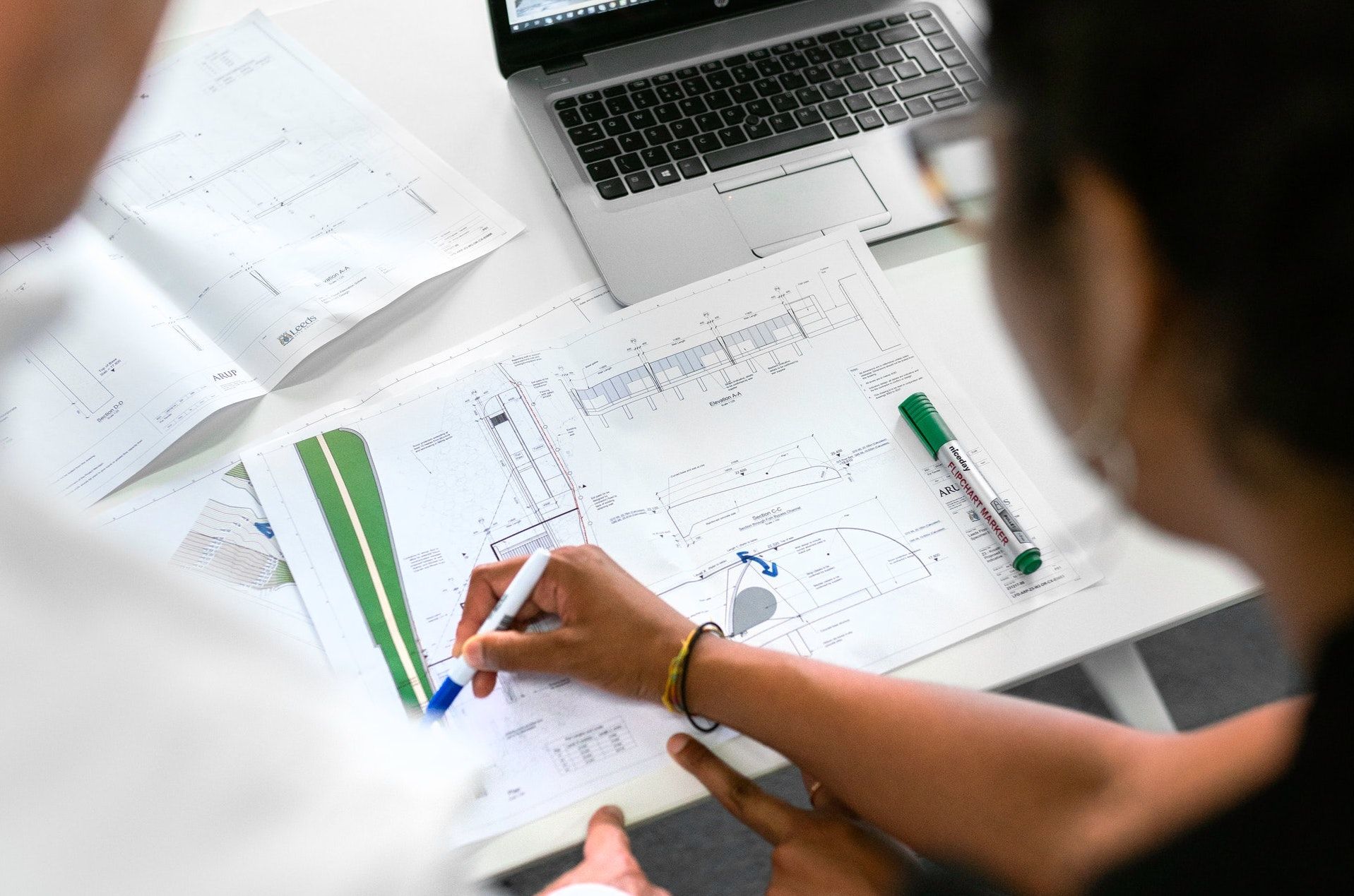


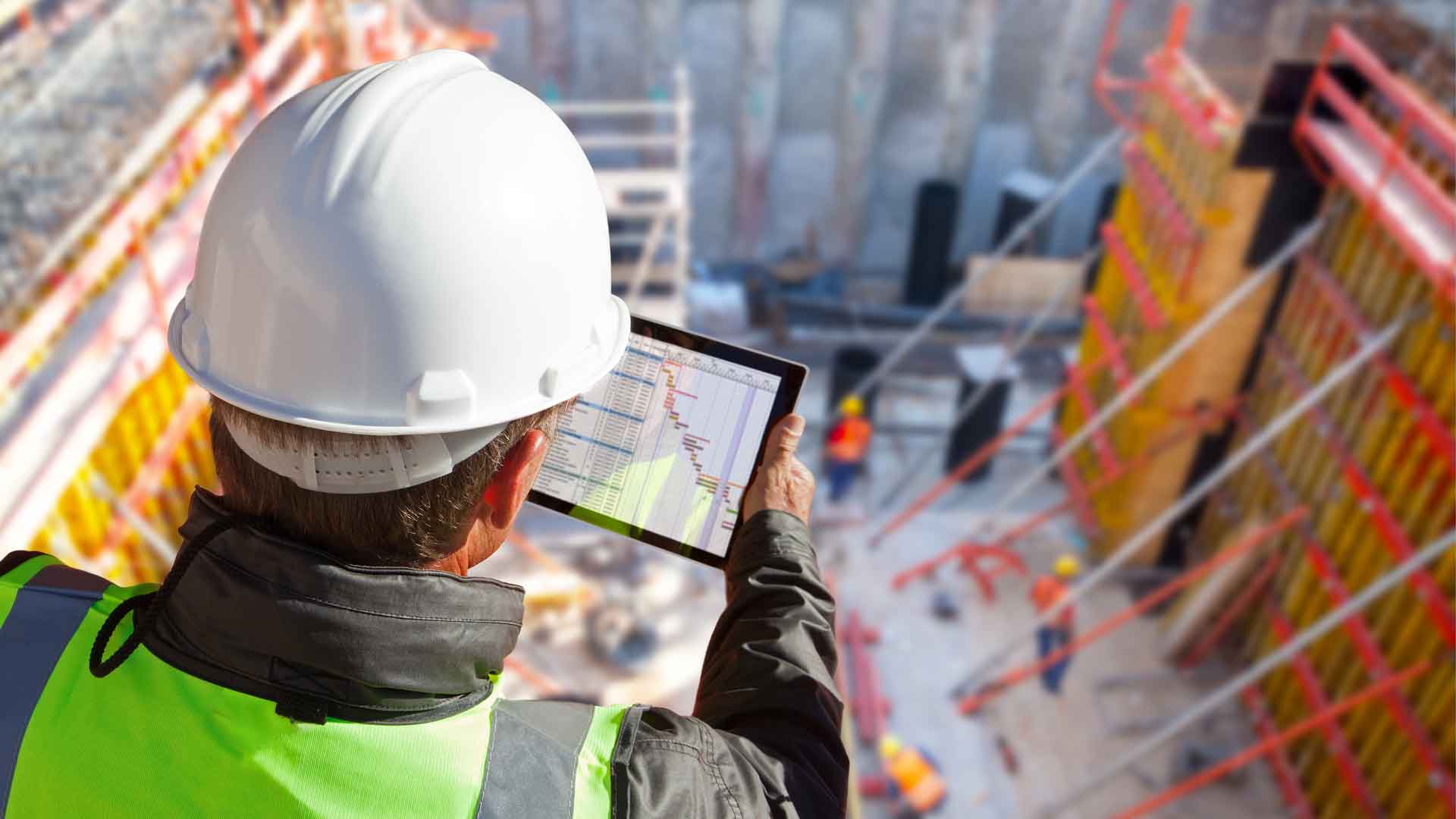

0 thoughts on “What Does A Project Manager Do For Construction”